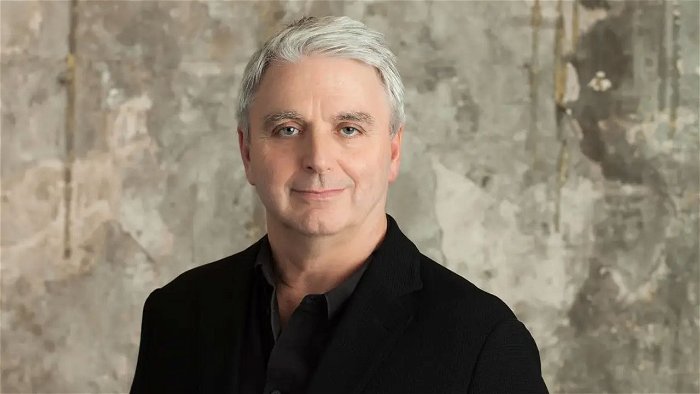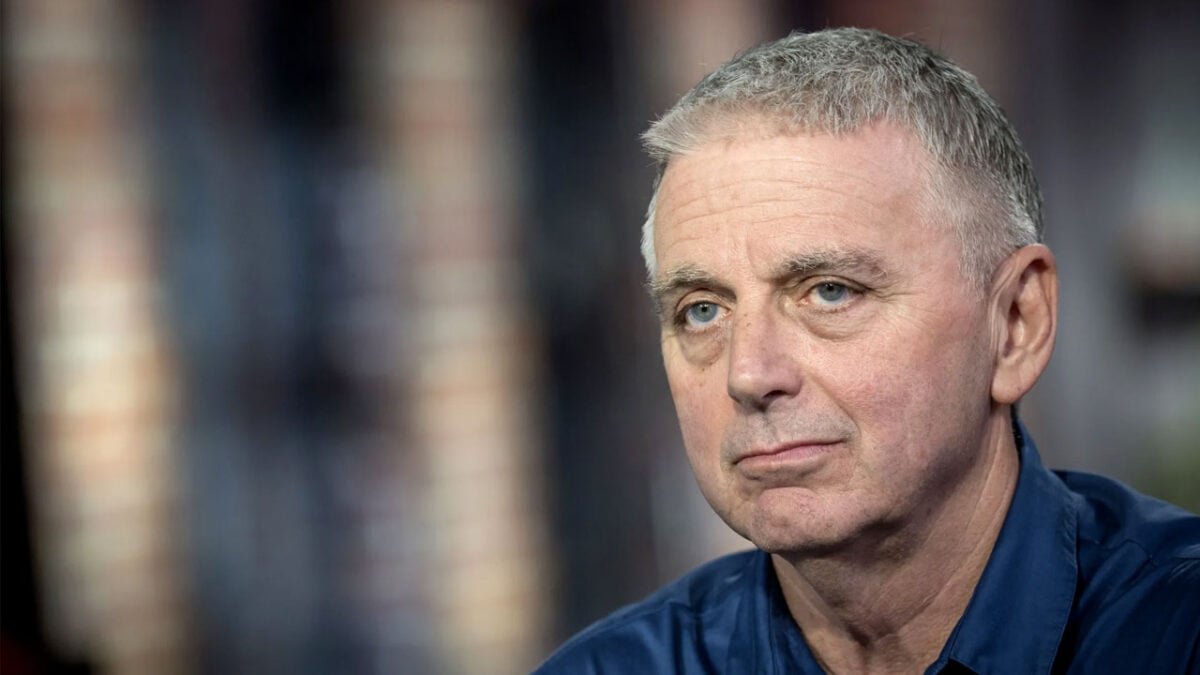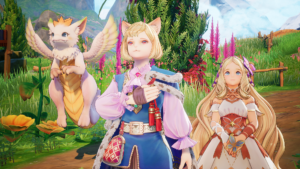In a surprising move, Unity announced today that its CEO John Riccitiello is retiring from the company effective immediately. This news comes just weeks after Unity faced intense backlash from developers over proposed changes to its pricing model.
Riccitiello has led Unity for nearly a decade, first joining the company’s board in 2013 before becoming CEO in 2014. Under his leadership, Unity transitioned from a traditional software licensing model to a subscription-based service. The company also expanded its offerings for game developers and went public in 2020.
However, Riccitiello’s tenure was not without controversy. Earlier this year, he had to apologize after making insensitive comments about developers who don’t implement microtransactions. More recently, Unity announced changes to how it would charge developers – introducing a new “runtime fee” based on game downloads and revenue.

The reaction from developers was swift and severe. Many saw the new fees as unfair and exploitative, especially since they would apply retroactively to games already in development. Calls for boycotts and Riccitiello’s resignation echoed across forums and social media.
In the press release announcing his retirement, Riccitiello stated: “It’s been a privilege to lead Unity for nearly a decade and serve our employees, customers, developers and partners.” Replacing him as interim CEO is James Whitehurst, an advisor at private equity firm Silver Lake, which owns about 9% of Unity. Whitehurst previously served as CEO of IBM subsidiary Red Hat.
The Unity board has begun the search for a permanent new CEO. Whoever fills the role will have their work cut out to rebuild trust and unity (no pun intended) within the developer community. It remains to be seen what the changes at the top will mean for the company’s future, but hopefully they can help rebuild trust with developers, only then can Unity move forward and re-establish itself as an essential partner for the games industry.




